According to FM Peter Szijjarto, it is absolutely clear what the Ukrainian president meant. As he put it on Fighters' Hour program: there is no room for any misunderstanding or misinterpretation. The Ukrainian president has openly, harshly, and shamelessly threatened Hungary, the minister stated, who also spoke about Peter Magyar and other opposition figures.
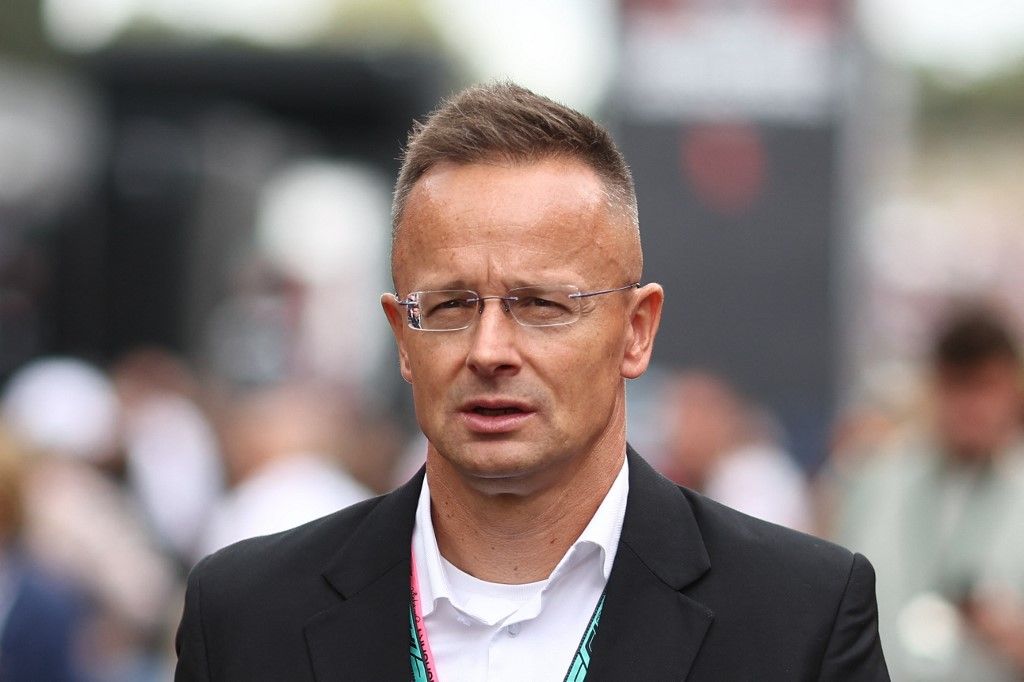
One of the topics in the program was that, amid the attacks on Kyiv, the Hungarian opposition is celebrating the Ukrainians.
At the start of the program, it was noted that Peter Magyar had suggested it would be a brilliant idea for the Tisza Party to run 106 candidates, all bearing his name, in the 2026 elections. He added that he would not actually ask them to change their names to Peter Magyar, since he did not want to resort to tricks, though he admitted it would be an effective tactic. Peter Szijjarto responded:
Briefly put, if self-adoration was painful, this man would probably be screaming in agony.
Ukrainian attack against Hungary
On Sunday, President Zelensky said with a grin that they will keep firing at the Druzhba (Friendship) oil pipeline until Hungary supports Ukraine’s EU accession.
It is absolutely clear what the Ukrainian president said. There is no room here for misunderstanding or misinterpretation. The Ukrainian president openly, harshly, and shamelessly threatened Hungary. President Zelensky made it clear that if Hungary does not adopt a pro-Ukrainian stance like the one demanded by Brussels, the European People’s Party, and its Hungarian member party, the Tisza Party, then they will continue to keep under attack the Friendship oil pipeline, which is indispensable for Hungary’s energy security,
– he said. The minister underlined that crude oil is essential for Hungary’s energy supply and the functioning of its economy. Today, oil can reach Hungary from two directions: from Russia, through Belarus and Ukraine — this is called the Friendship oil pipeline — and from the southwest, through Croatia, via a pipeline called the Adriatic pipeline. On this pipeline, Hungary can purchase oil transported by sea, he explained.
The pipeline coming from Croatia has less capacity than the combined oil needs of Hungary and Slovakia. I mention both countries because both the Friendship oil pipeline and the Croatian pipeline are simultaneously responsible for supplying both of them, meaning that Slovakia can also be supplied either by the Friendship pipeline or, through us, by the Adriatic pipeline. Nothing else can do this. This is physics, this is reality,
– the foreign minister stated, adding that oil cannot be purchased from a country from which no pipeline leads to Hungary.
So since the Croatian pipeline’s capacity is smaller than the oil demand of Hungary and Slovakia, if deliveries on the Friendship pipeline become impossible for an extended period, then the oil supply for both Hungary and Slovakia will also become impossible.
Not for political reasons, but because of physical reality. Energy supply is not a political or ideological issue; it cannot be solved at a press conference. It requires a pipe, and oil inside it. Now, the bombing and rocketing of the Friendship oil pipeline does not harm Russia, but us — Hungarians and Slovaks,” FM Peter Szijjarto stated.
It is outrageous and scandalous, what the Ukrainian president, the former actor, is doing... and for him to say on camera that Hungary can continue to expect its energy security to be kept under attack by Ukraine if Hungary does not follow the Brussels position — which would be completely against Hungary’s interests. This is outrageous and scandalous. But it's even more sad that in Hungary, the opposition and the dollar-media are celebrating President Zelensky’s stance,
– declared the minister, before posing the question: If Mr. Zelensky and his people blow up the Druzhba oil pipeline so badly that sufficient oil can no longer flow to Hungary, meaning there won't be enough energy to run the country, then what will these journalists say, what will these politicians say? Will they celebrate Mr. Zelensky, will they celebrate the Ukrainians because Hungary has become non-functional?
These attacks are hitting Hungary and Slovakia... they harm these two countries, they have nothing to do with Russia,
Peter Szijjarto pointed out. He added:
In Ukraine, a very harsh anti-Hungarian policy is being pursued, and the Ukrainians are counting on Brussels and their local viceroys in Hungary to put enough pressure on Hungary to abandon its current position and adopt one that is entirely contrary to Hungarian interests, but aligns perfectly with Ukrainian interests. That is what this is all about.
“I speak with Russia's deputy energy minister daily, or basically every other day,” Peter Szijjarto said.
My job is to use foreign policy tools to help guarantee Hungary’s energy security. Since the Ukrainians bombed the Friendship oil pipeline on Russian territory, and the Russians are working to solve the technical issues to resume deliveries, I must talk to them, and I do it for Hungary’s sake,
– the minister emphasized. He noted: for now Hungary’s commercial reserves are holding out, but “we do not want to have to tap into our strategic emergency reserves because of the Ukrainians. In other words, the Ukrainians are risking that at some point Hungary will have to use its strategic emergency reserves, and that is not a situation we wish on anyone.”
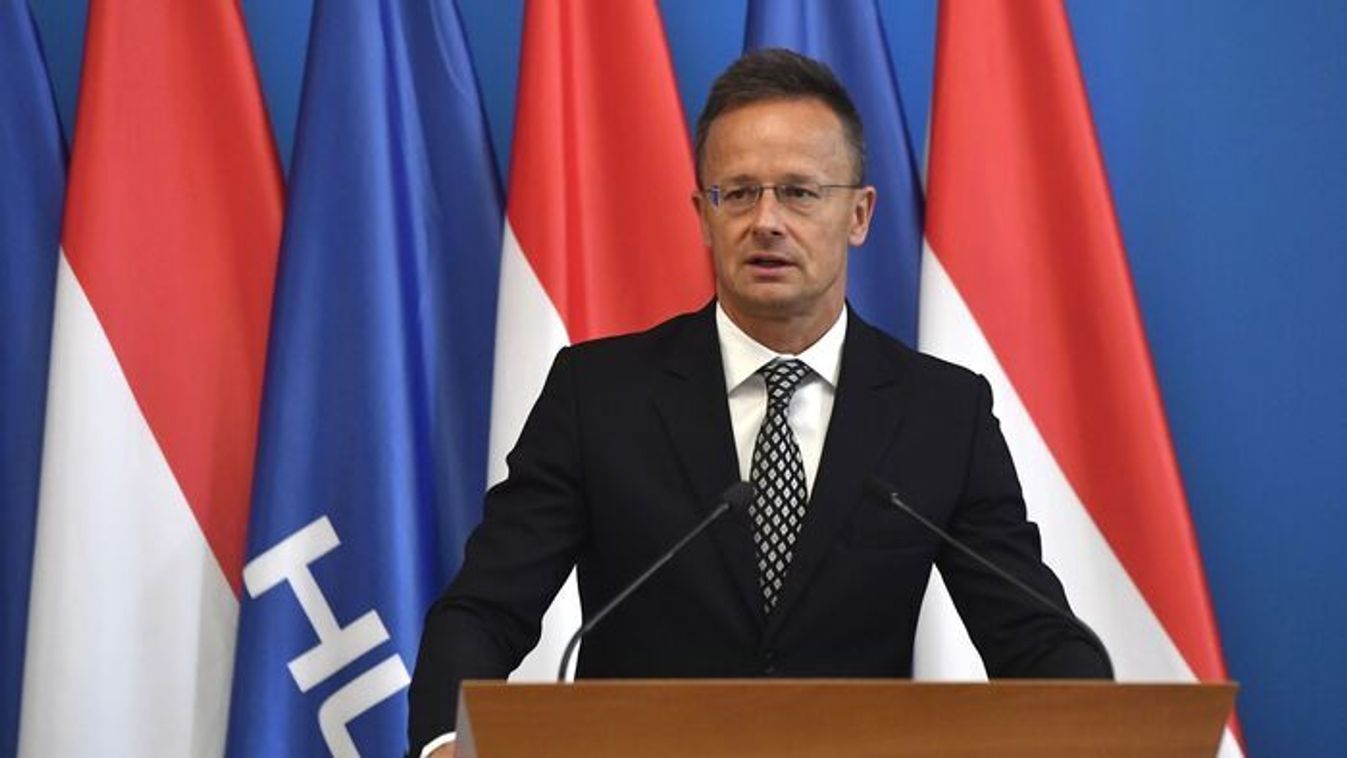
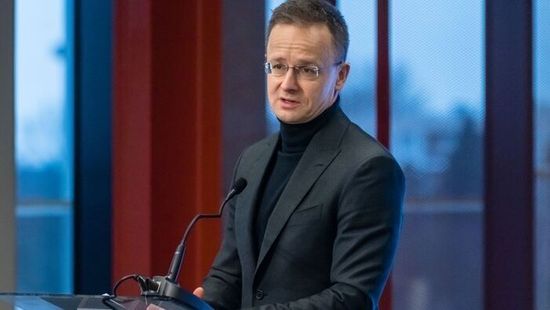
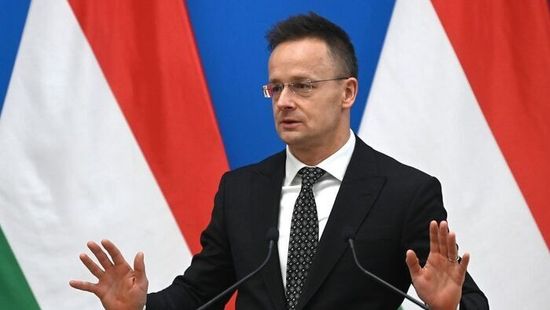
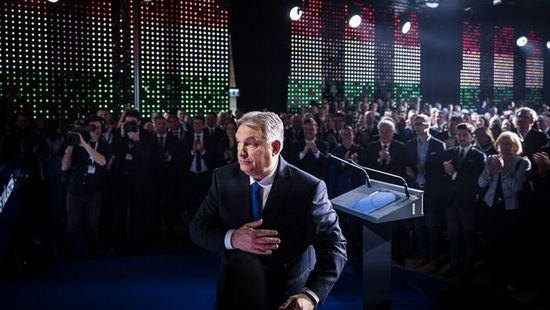
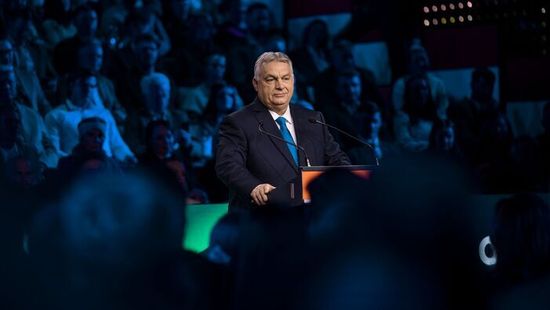

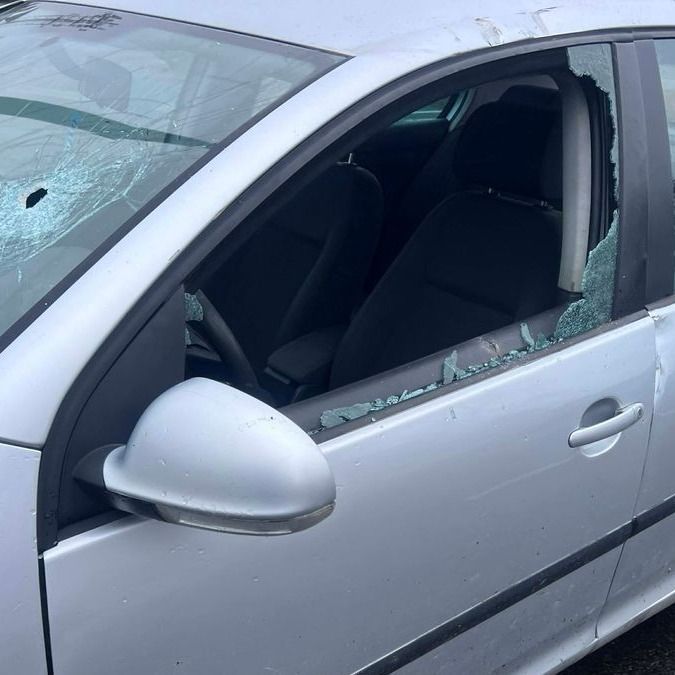
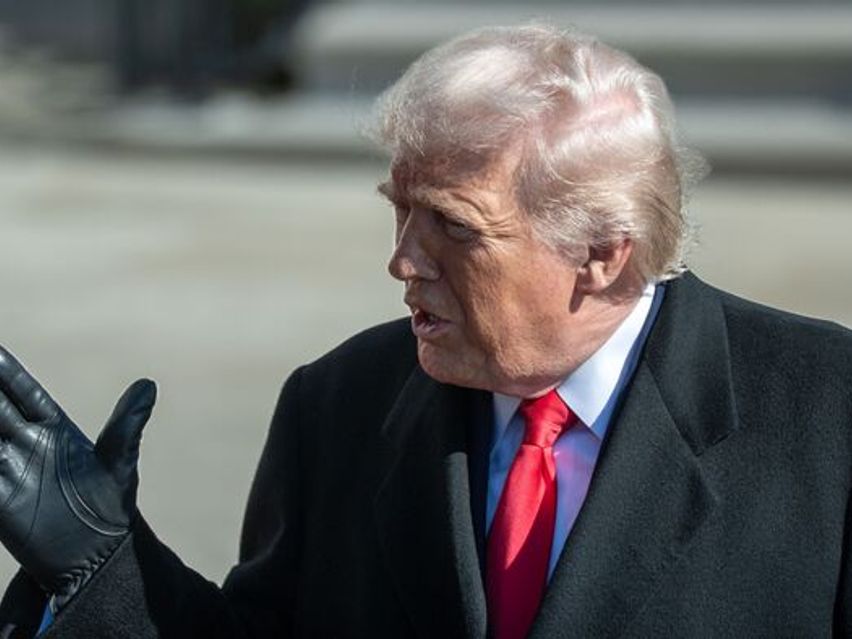
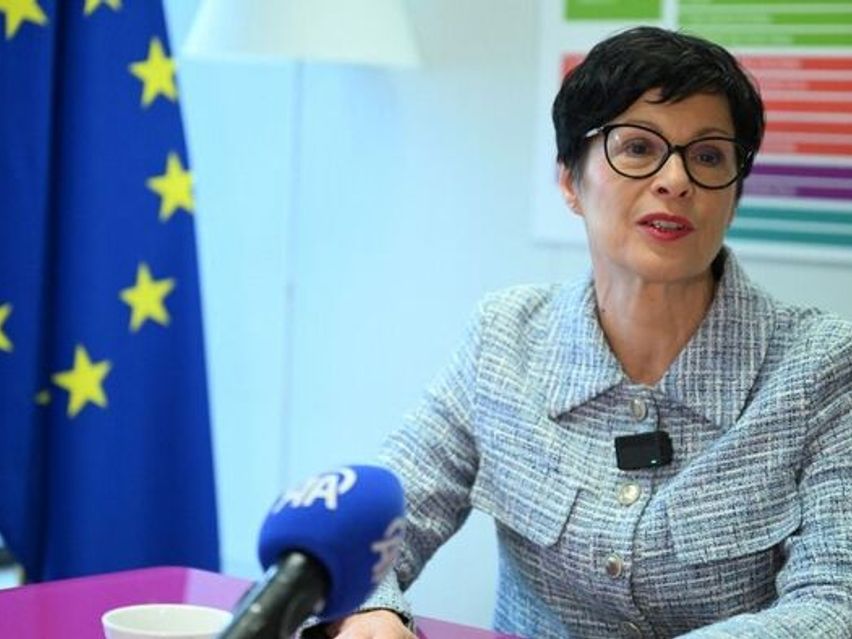
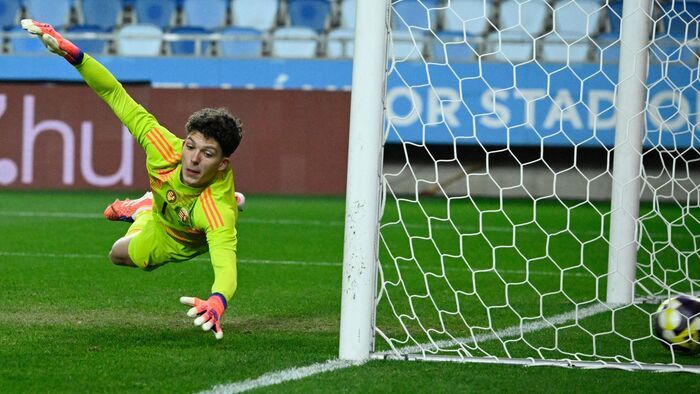

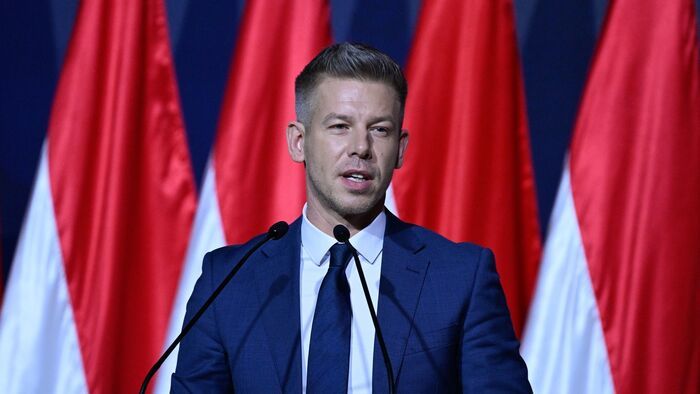
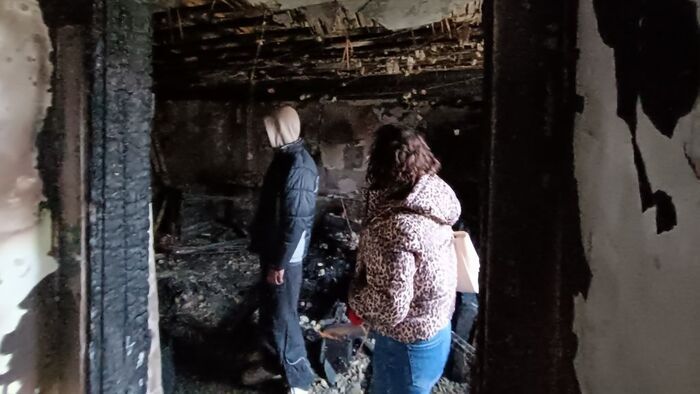
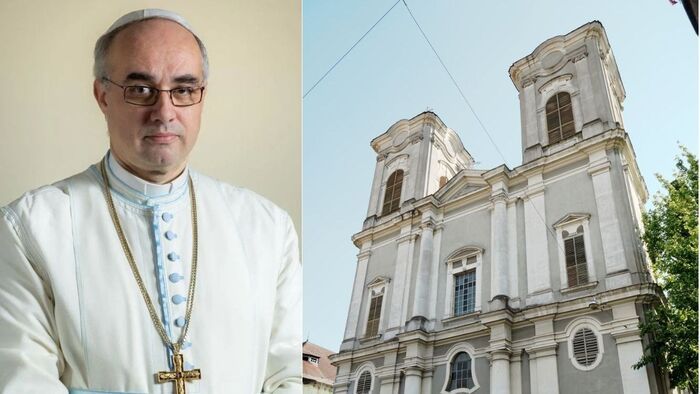
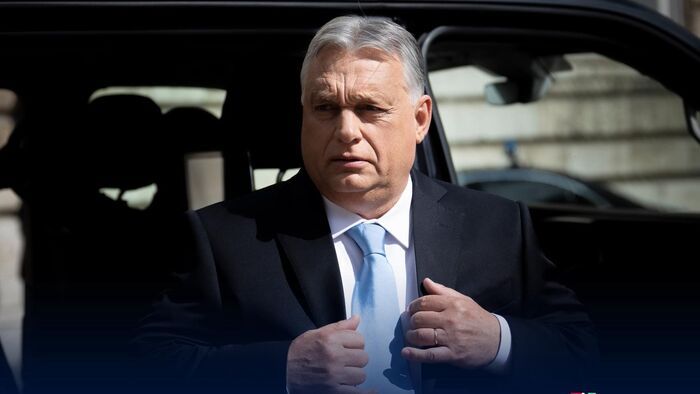
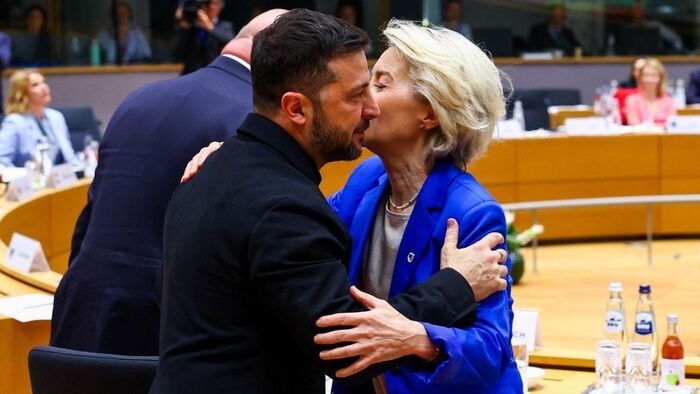
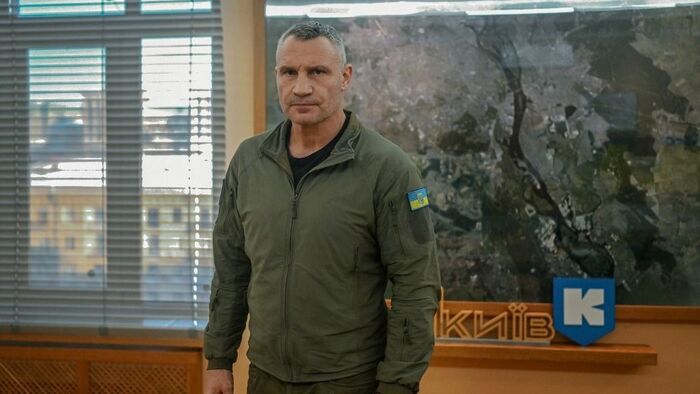
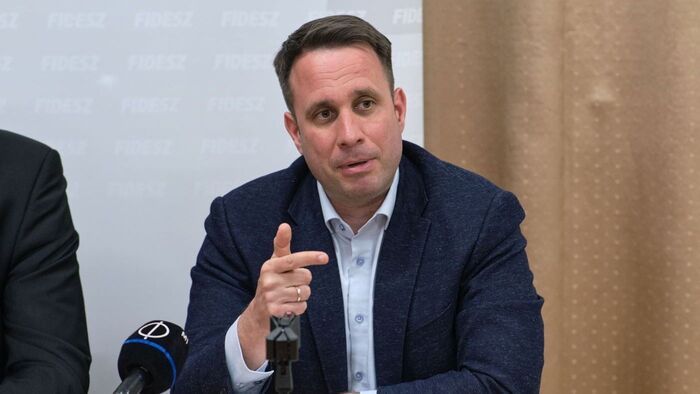

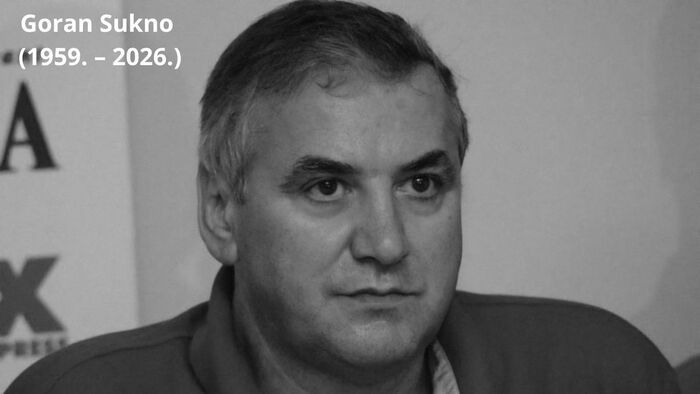

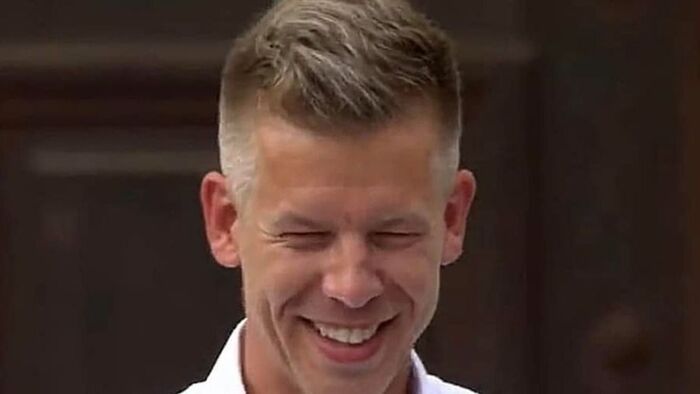

Szóljon hozzá!
Jelenleg csak a hozzászólások egy kis részét látja. Hozzászóláshoz és a további kommentek megtekintéséhez lépjen be, vagy regisztráljon!